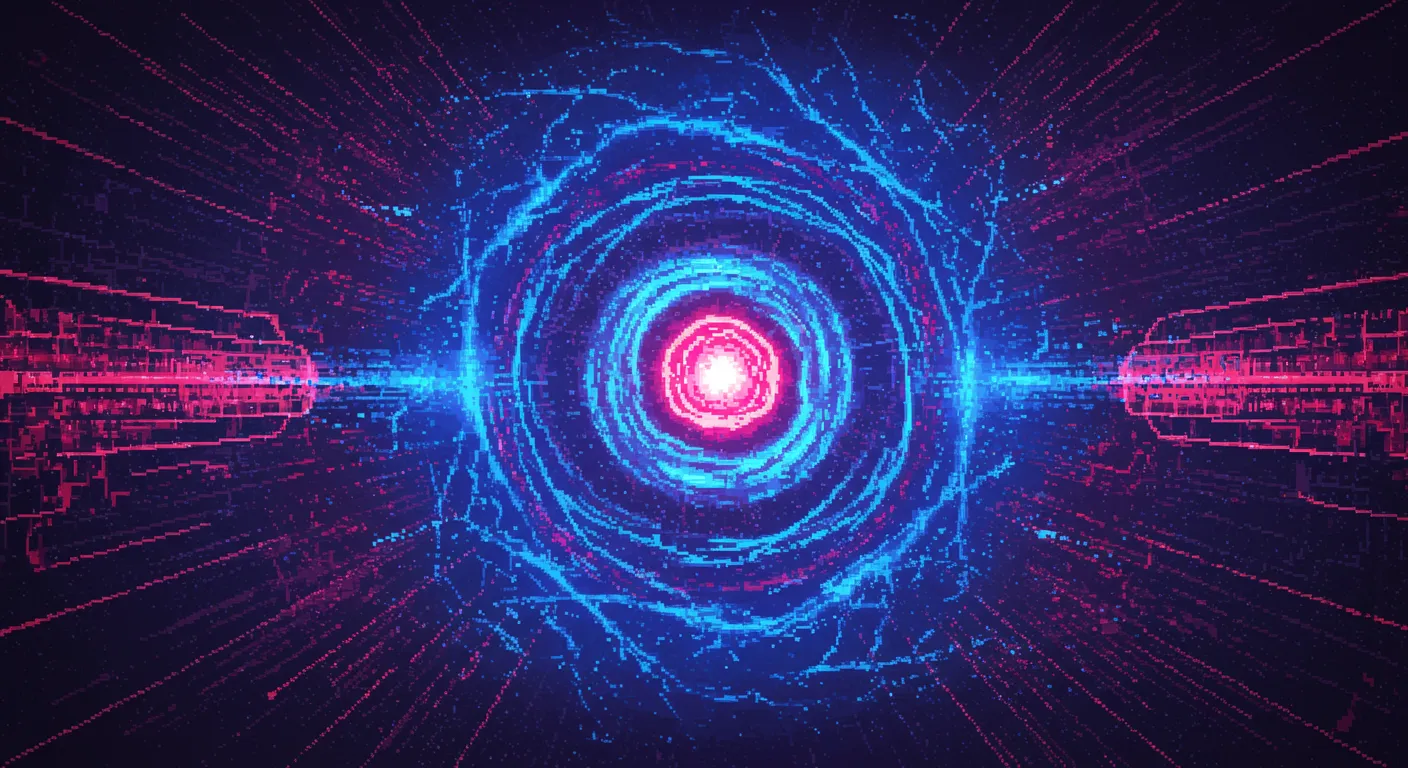In the digital wild west of artificial intelligence, musicians are fighting back against tech giants hungry for training data. Benn Jordan, an electronic composer, has pioneered a cunning strategy: embedding "adversarial noise" in his music to disrupt AI learning algorithms.
The battleground is complex. Online commentators are sharply divided, with some viewing IP rights as antiquated and others seeing AI training as a form of intellectual theft. Jordan's approach represents a technical protest against companies vacuuming up creative works without compensation or consent.
The core issue isn't just about music, but about who controls creative expression in an age of algorithmic reproduction. AI companies argue they're simply "learning," while artists like Jordan see it as systematic appropriation of their life's work.
Technical experts suggest these "poisoning" techniques might be temporary workarounds. Machine learning models are rapidly evolving, and today's defensive trick could be tomorrow's training data improvement.
Ultimately, this conflict reveals deeper questions about creativity, ownership, and the value of artistic labor in a world where algorithms can generate content at unprecedented scale and speed.


